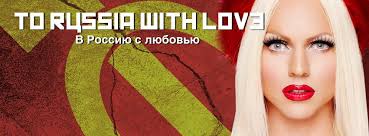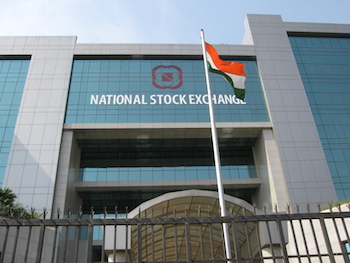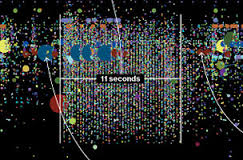
(Bloomberg) Algorithmic and high-frequency traders in the U.S. may soon get even greater access to Russian markets via Russia-based brokerdealer BCS Financial Group.
BCS Financial Group, one of Russia’s biggest brokerdealers, agreed in October to purchase a New York-based unit of AO Alfa Bank. It expects regulatory approval by the end of 2015. Should that happen, BCS aims to use the acquired business to give American automated trading firms and other clients increased access to the Moscow Exchange.
Through its London office, BCS already works with 10 algorithmic traders “with American roots,” including one of the biggest, Virtu Financial Inc., according to Roman Lokhov, the head of global markets at BCS. The company aims to increase the number of U.S. clients to 50 to 70 in the next two years as it expands into high-frequency trading and other businesses, he said during an interview in Moscow.
“We can give them infrastructure and high-speed access to Moscow Exchange — I mean micro- and nanoseconds,” Lokhov said.
Regulatory Scrutiny
Anybody who takes BCS up on its offer may face increased scrutiny from the Bank of Russia, which said in September that it’s monitoring high-speed traders to ensure they’re not manipulating the market. Algorithmic firms now account for more than half the stock trading volume at the Moscow Exchange.
Many high-frequency traders are market makers, meaning they provide liquidity for other firms that want to trade. That strategy works best during times of volatile prices, and Russia offers just that; the ruble has sunk 20 percent versus the dollar in the past six months, making it one of the most volatile currencies in emerging markets, according to data compiled by Bloomberg.
International investors have withdrawn from Russia in the past year as sanctions over Ukraine and the decline in oil prices hobbled the economy. While the price volatility coupled with a reduction in geopolitical risk have lured foreign speculators back to the market recently, BCS is not seeing a renewed interest in the country’s assets from institutional funds with a longer-term outlook, according to Lokhov. Capital outflows from Russia may reach $70 billion this year, according to central bank estimates, following record withdrawals of more than $150 billion in 2014.



